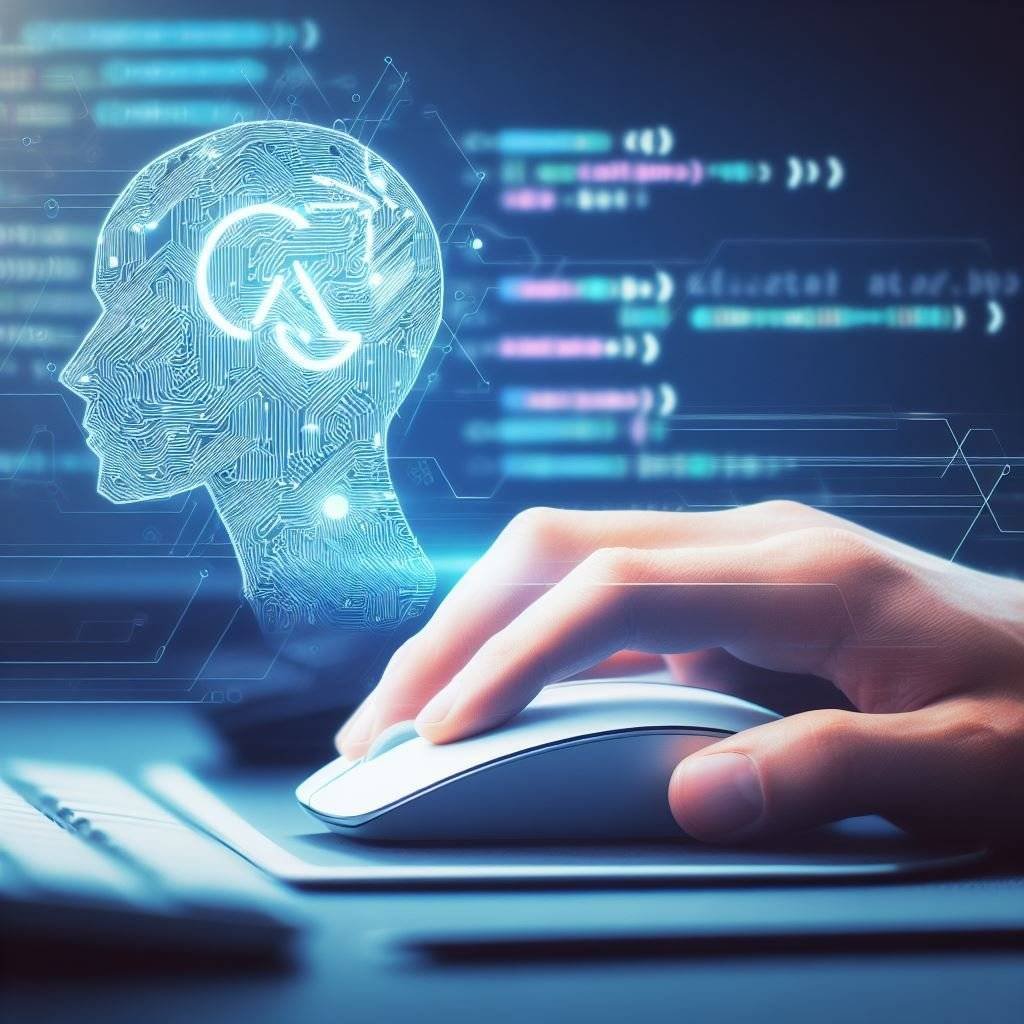Artificial Horizon: Navigating the Real Risks and Rewards of Generative AI
In recent times, it’s nearly impossible to scroll through Western news outlets without stumbling upon discussions about the perils and promises of generative artificial intelligence (AI). Opinions on AI’s potential impact vary widely, with doomsday scenarios and utopian dreams frequently dominating the discourse.
Too often, the dangers of AI are portrayed in apocalyptic terms, fueling fears of unregulated AI and the looming threat of human extinction. This apprehension is particularly prevalent among some of the tech industry’s most influential figures, often referred to as the “godfathers of AI.” Their concerns have led to public letters and calls for a temporary halt on AI advancement, evoking strong reactions from both proponents and critics.
Stephen Marche, in a scathing response, aptly pointed out that Silicon Valley occasionally employs apocalyptic rhetoric for marketing purposes. By portraying their technologies as world-ending, they underscore their significance in the grand narrative of human progress. But amidst this flurry of sensationalism, it’s crucial to discern the real risks and rewards of generative AI.

Exploring the Real Risks:
Ethical Concerns: Generative AI, particularly in the realm of language models, can sometimes generate harmful, biased, or inappropriate content. Ethical issues surrounding AI ethics, including the propagation of misinformation or hate speech, are valid concerns that require vigilant oversight and regulation.
Privacy Challenges: The generation of highly convincing deepfakes poses a considerable risk to individual privacy. Deepfake technology can be misused for malicious purposes, making it imperative to establish legal frameworks for its responsible use.
Job Displacement: As AI automates various tasks, concerns about job displacement are valid. While AI can create new job opportunities, the transition may be challenging for those whose roles become obsolete.
Embracing the Potential Benefits:
Innovation: Generative AI has the potential to revolutionize various industries. From healthcare and design to entertainment and education, AI can facilitate innovation and problem-solving at an unprecedented scale.
Efficiency: AI streamlines processes, making tasks faster and more accurate. It can enhance productivity and reduce human error, particularly in data analysis and repetitive tasks.
Personalization: AI-driven recommendation systems provide personalized experiences in areas like e-commerce, content consumption, and education. This enhances user satisfaction and engagement.
Creative Collaboration: AI can serve as a creative collaborator, assisting artists, writers, and musicians in their work. It can offer inspiration, generate content, and push the boundaries of human creativity.
Finding the Balance:
The future of generative AI lies in finding a balance between regulation and innovation. Responsible AI development requires ethical considerations, transparency, and clear guidelines to ensure that AI technologies are designed and used in ways that benefit humanity.
While sensationalism and alarmist rhetoric have their place in drawing attention to potential risks, a nuanced discussion that acknowledges the genuine concerns while celebrating the possibilities of AI is necessary. The true potential of AI lies in our ability to harness its power for the betterment of society while mitigating the risks that lie on the artificial horizon.
